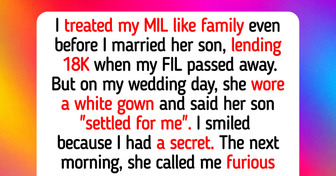You need a new friend.
I Chose a Childfree Life — My Friend Said I’m “Less of a Woman”
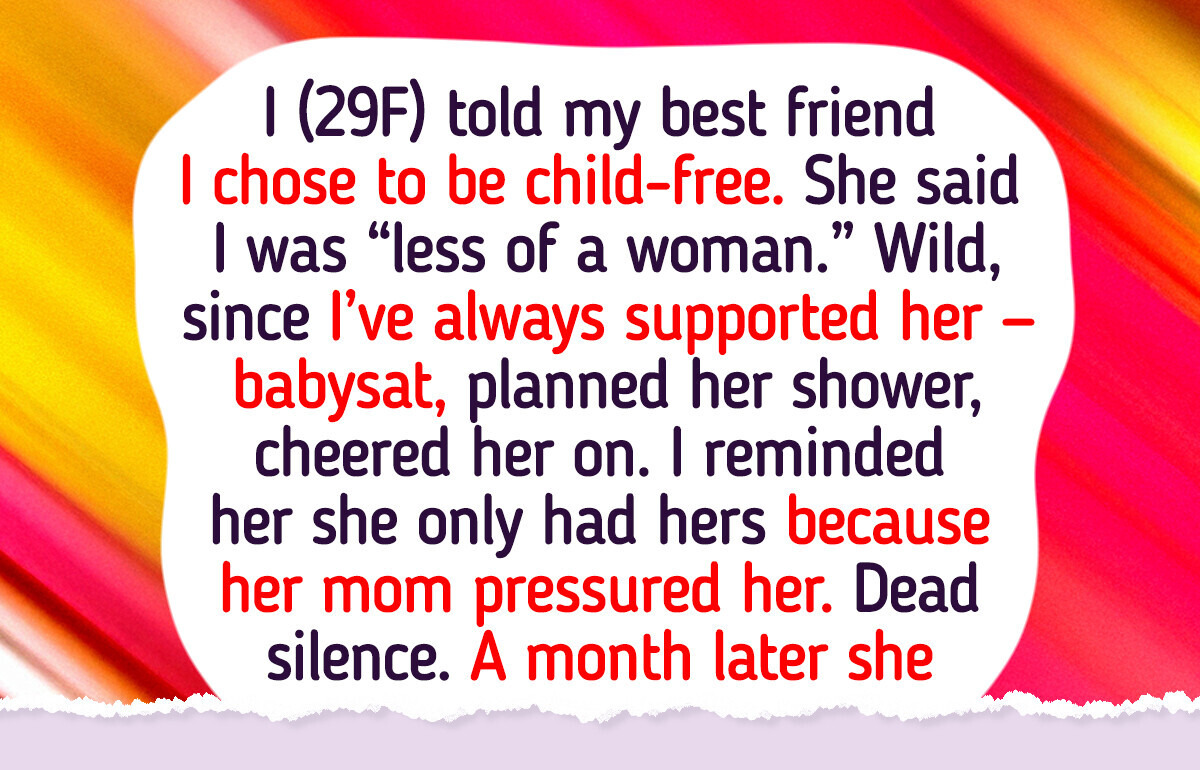
Some stories remind us just how deeply society ties womanhood to motherhood. One of our readers wrote to us about a painful moment with her friend — and how a single sentence made her question her worth.
The letter:
"I’m 29F and told my best friend I don’t want kids. Instead of respecting it, she snapped: “That makes you less of a woman.” I was stunned. I reminded her that I’ve supported her choices — babysat, planned her shower, cheered her on as a mom. She smirked and said, “That’s different — motherhood is real sacrifice.”
I reminded her everyone knows she only had hers because her mom pressured her. Dead silence.
A month later she shows up at my door — not to apologize, but to hand me an invite to her kid’s birthday. Scribbled on the back in her handwriting: “Maybe you’ll change your mind when you see what you’re missing.”
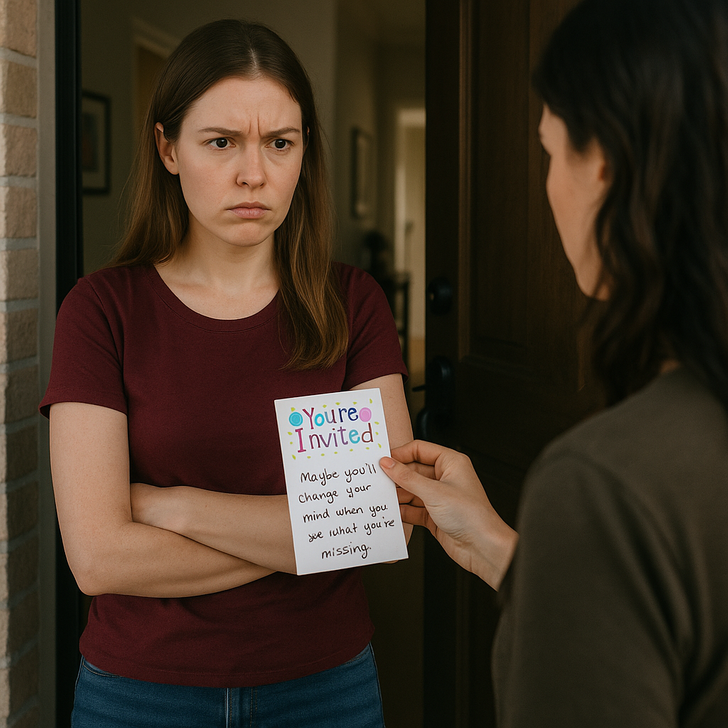
Thank you for your letter. It takes courage to share something so personal, especially when it comes to choices that challenge traditional expectations. Your experience is not only valid but also one many women quietly face.
Psychological Insights & Tips
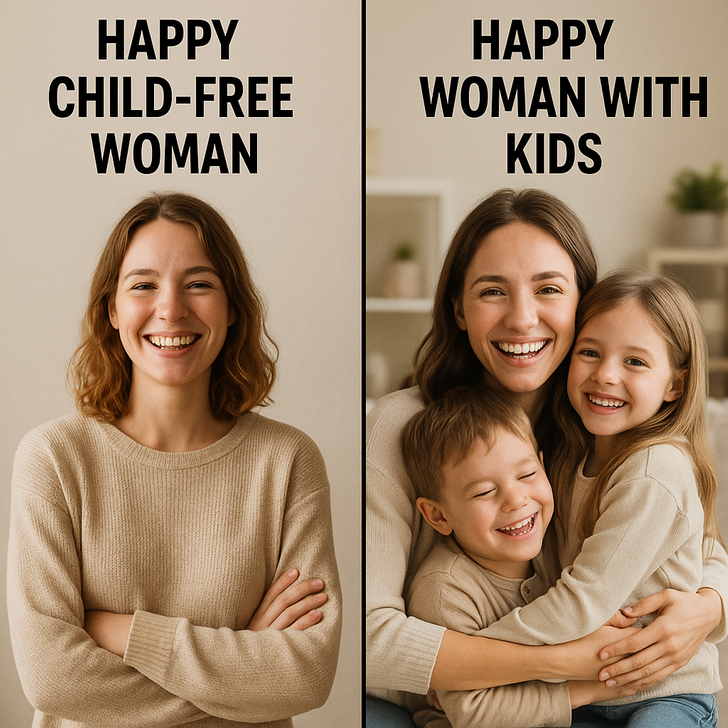
How sad your friend defines herself solely based on the use of her uterus. I like kids but knew when I was 15 that I didn't want to have any. I wanted a demanding career and eventually marriage and knew I wouldn't be able to balance them all. Never regretted it.
1. Redefine Womanhood Beyond Motherhood
It’s important to remember that choosing not to have children doesn’t make you “less of a woman.” In fact, research shows that many childfree adults report the same or even higher levels of life satisfaction compared to parents. A systematic review of studies found that being childfree is often linked to strong well-being and freedom to pursue personal goals. This proves that fulfillment comes in many forms — and motherhood is only one of them.
2. Recognize That Stigma Is Social, Not Personal
The pressure you’re feeling isn’t about you — it’s about social norms. The American Psychological Association notes that while childfree adults are becoming more common, they often face unfair stigma rooted in outdated gender roles. By seeing the criticism as a reflection of cultural expectations rather than your personal worth, you can separate your identity from others’ judgments.
3. Lean on Peer Support to Protect Your Mental Health
When facing stigma, connecting with others who share your perspective can be powerful. Peer support interventions have been shown to significantly improve coping and reduce distress in people dealing with social judgment. Whether online or in person, finding a community of like-minded people can validate your choice and remind you that you’re far from alone.
4. Challenge Self-Stigma With New Narratives
Sometimes external stigma seeps in, making you question yourself. But studies on peer-led interventions show that sharing personal stories and positive narratives can help dismantle self-stigma and restore self-confidence. Try reframing your decision to stay childfree as an intentional, empowering choice that reflects your values and life vision — not a deficiency.
Here’s What You Need to Remember
Being childfree can spark endless debates — and sometimes, unfair judgments. But choosing not to have children is just that: a choice. Here are a few gentle reminders for when the world tries to make you feel “less” because of it.
1. There’s nothing wrong with you.
Wanting kids is fine. Not wanting kids is fine. Both are valid. What matters is what feels right for you.
2. Your life, your choice.
People choose careers, homes, and lifestyles — choosing not to have children is no different.
3. You’re not alone.
Nearly 1 in 5 adults in the U.S. don’t want kids. There are whole communities of people who understand exactly how you feel.
4. You don’t “owe” anyone a child.
Not your parents, not your partner, not society. You don’t exist to fill someone else’s dream of parenthood.
5. It’s not selfish.
In fact, being mindful of the world’s challenges — and deciding what feels right for you — takes honesty and courage.
6. Biology isn’t destiny.
Being able to have kids doesn’t mean you should. You’re more than your age, fertility, or gender role.
7. Being “good at it” isn’t a reason.
You may have qualities that would make you a wonderful parent — but if you don’t want the role, that’s reason enough.
8. Legacy isn’t just children.
Your kindness, your work, your creations — they all leave a mark. Legacies come in many forms.
9. You don’t owe explanations.
“Why don’t you want kids?” is nobody’s business unless you choose to share. A simple “It’s just not for me” is enough.
10. Their doubts say more about them.
People who challenge your decision often do so from their own beliefs, not because you’re wrong. Empathy for them — and for yourself — goes a long way.
At the end of the day, being a woman isn’t defined by motherhood — it’s defined by living authentically, making choices that honor who you are, and refusing to let anyone else write your story for you.
Comments
Stand your ground, I have 4 kids and wouldn't change anything, your friends odd reaction says to me that she does have regrets somewhere on the child front and is trying to guilt you to a misery loves company place. Never say never, there's always the possibility that you'll either meet 'the one' and change your mind about having children or just decide you want some kids regardless but the odds are just as good that you'll be happy without the need of 'the one' or the kids. Go out, be happy and don't worry about the genetic mathematics she seems hell-bent to catch you up in.
Related Reads
12 Moments When Quiet Kindness Became Someone’s Lifeline
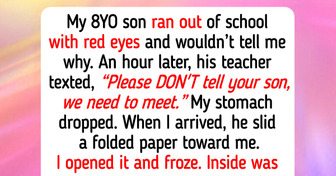
16 Stories That Prove Kindness Is the Quietest Yet Strongest Language in the World
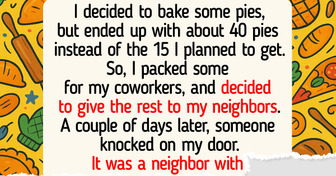
15+ Photos That Prove a New Hairstyle Is the Best Therapy for the Soul
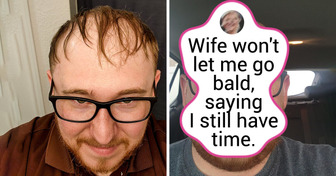
10 Times a Moment of Pure Cruelty Was Actually a Secret Act of Kindness
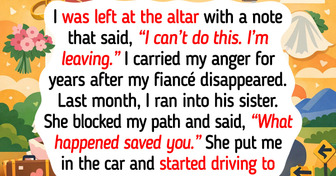
12 Moments That Prove Kindness Can Soften the World’s Hardest Edges
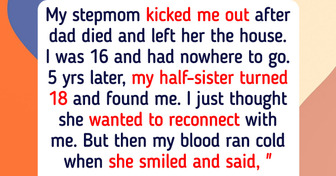
I Refused to Babysit Under My DIL’s Rules—I’m Not “Learning” How to Be a Mom
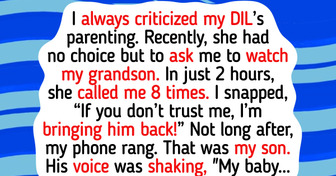
15 Moments That Prove Kindness and Mercy Are Quietly Saving the World
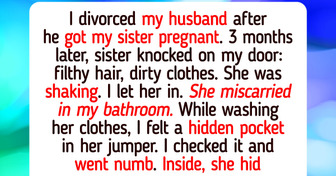
10 Times a Painful Truth Turned Into Kindness That Saved a Soul
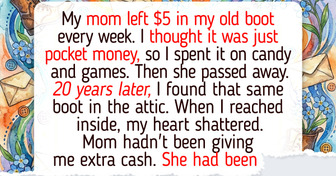
I Gave My Grandkids Their Inheritance at 18 — Their Stepmom Says I Destroyed Her Blended Family
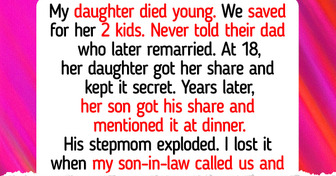
I Refuse to Sacrifice My Retirement to Help My Unemployed Son, I’m Not His ATM
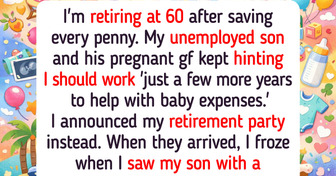
11 People Whose Small Acts of Kindness Turned Tears Into Smiles
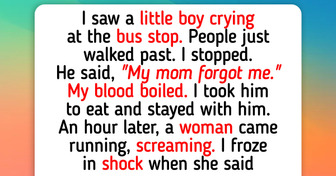
My MIL Tried to Humiliate Me at the Altar—By Morning, She Wasn’t Laughing
